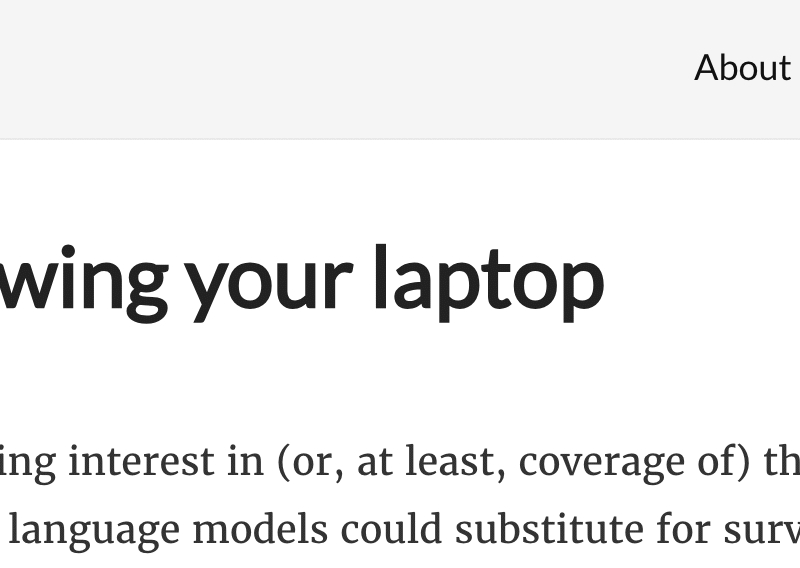Baidu announced its Ernie chatbot will become open-source, initiating a shift in the AI industry towards price competition.
Baidu, a dominant force in China’s search market, confirmed the gradual release of Ernie’s open-source version, beginning immediately. This strategic change moves away from Baidu’s previous support for proprietary, closed systems. By making its flagship large language model’s code publicly accessible, Baidu aims to achieve broader adoption and cultivate a robust developer ecosystem around the technology, potentially surpassing the profitability of API access fees.
Baidu has accelerated its pivot to open-source technology throughout the current year, implementing aggressive tactics to undercut competitor pricing. In February, Baidu made Ernie available without charge, discontinuing its monthly subscription model to attract more users. In March, Baidu launched Ernie 4.5 and its X1 reasoning model, priced significantly lower than rival offerings. Later that month, “Turbo” versions of both models were released, accompanied by an 80% reduction in their existing prices.
Omdia analyst Lian Jye Su told CNBC that Baidu’s decision represents a significant surprise due to the company’s historical adherence to a proprietary business model. Su noted that “disruptors like DeepSeek have proven that open-source models can be as competitive and reliable as proprietary ones.” Baidu’s actions may also capitalize on challenges faced by DeepSeek Ltd., which has reportedly postponed the release of its next-generation R2 model. The Information reported last week that DeepSeek is encountering difficulties in acquiring sufficient Nvidia Corp. high-end graphics processing units to complete R2’s training, a consequence of recent U.S. sanctions on chip exports to China.
Ernie currently registers approximately 23 million monthly active users, considerably fewer than Duobao, a rival chatbot developed by ByteDance Ltd., which has 83 million monthly active users. In the developer market, Baidu’s Ernie API holds an 18% market share, while DeepSeek maintains a 34% share.
The Chinese AI market experiences intense competition, involving entities such as Alibaba Holdings Ltd. and Tencent Holdings Ltd., alongside numerous startups termed “AI tigers.” These include Zhipu AI Ltd., which has developed a competitor to ChatGPT and is recognized as a key challenger by OpenAI, and MiniMax, primarily focused on generative AI video models. Both Zhipu AI Ltd. and MiniMax are reportedly preparing for initial public offerings on the Hong Kong stock exchange to secure foreign capital. Another competitor, Baichuan Intelligent Technology Co. Ltd., has previously released models that exceeded OpenAI’s and Anthropic’s performance on various benchmarks.
Baidu’s strategy is expected to intensify pressure on U.S. AI firms, despite its limited brand recognition outside China. OpenAI Chief Executive Sam Altman acknowledged the threat to his company in January. He stated on Reddit that OpenAI needs to formulate a new open-source strategy, anticipating that maintaining a performance lead will become increasingly difficult. Altman has since announced plans to release an “open-weights” model in the near future. Alec Strasmore of the AI advisory firm Epic Loot Inc. commented that Baidu has initiated a pricing war within the industry, signaling to startups globally that accessing powerful AI no longer necessitates premium costs. Strasmore characterized the situation as “a declaration of war on pricing.”
Adopting an open-source model may also enable Baidu to circumvent U.S. sanctions on China by leveraging the expertise of AI contributors worldwide. The U.S. has previously expressed concerns that Chinese firms might pursue such strategies, and some lawmakers have designated open-source AI models as a “security risk.” Earlier this year, U.S. House Select Committee on the CCP Chairman John Moolenaar accused DeepSeek of functioning as a “weapon” of the Chinese Communist Party, asserting its design facilitated surveillance of U.S. citizens and technology theft.

